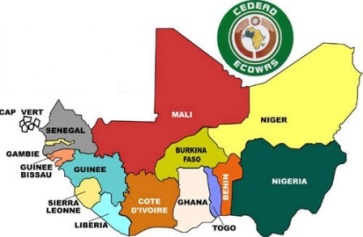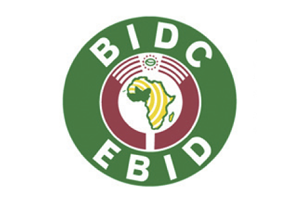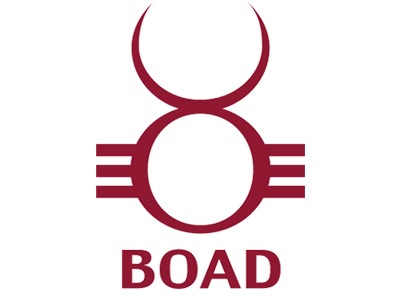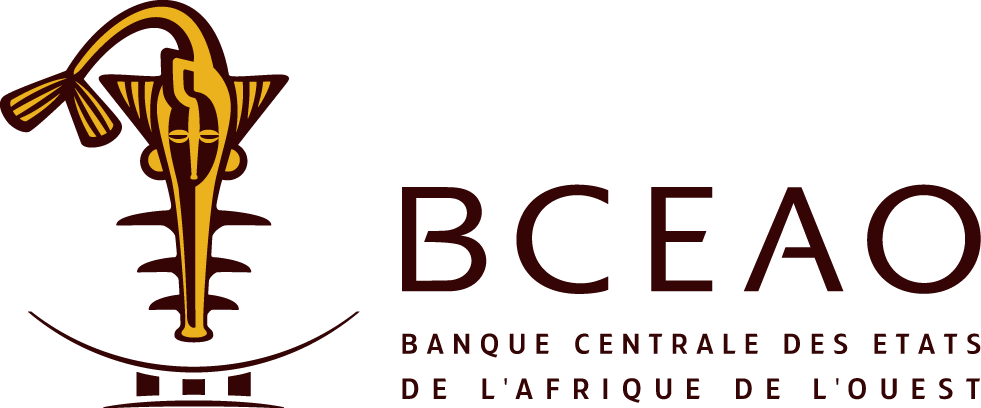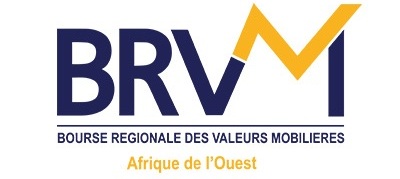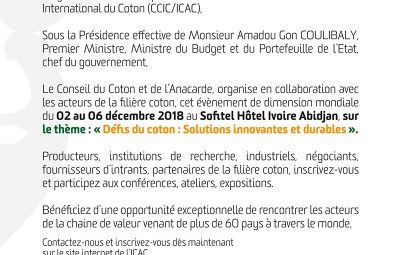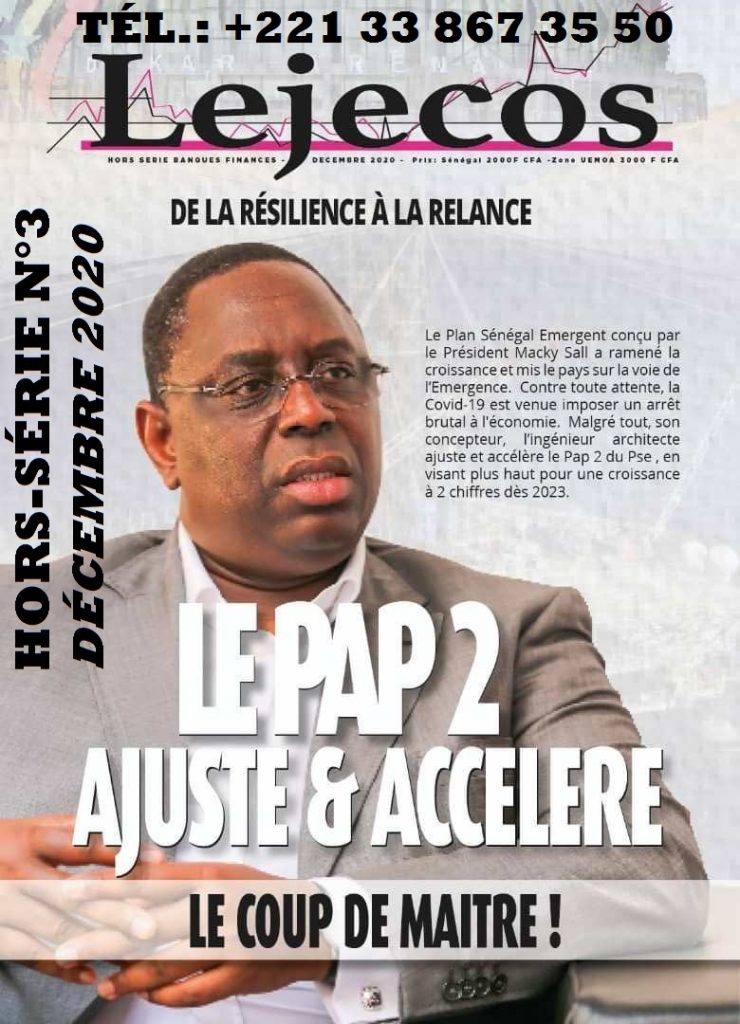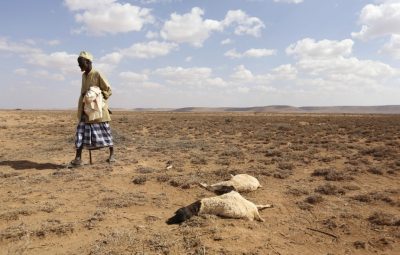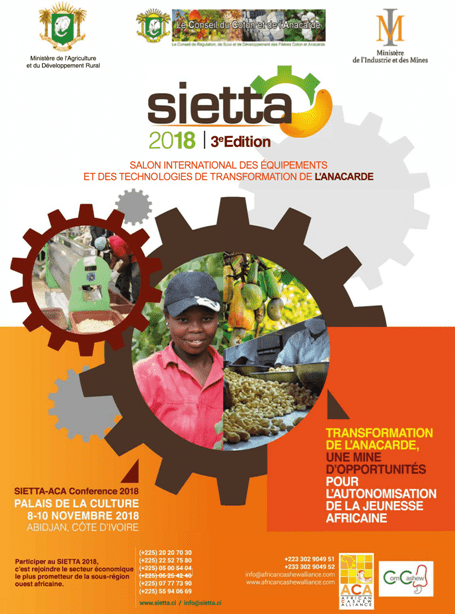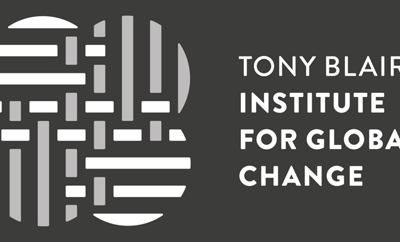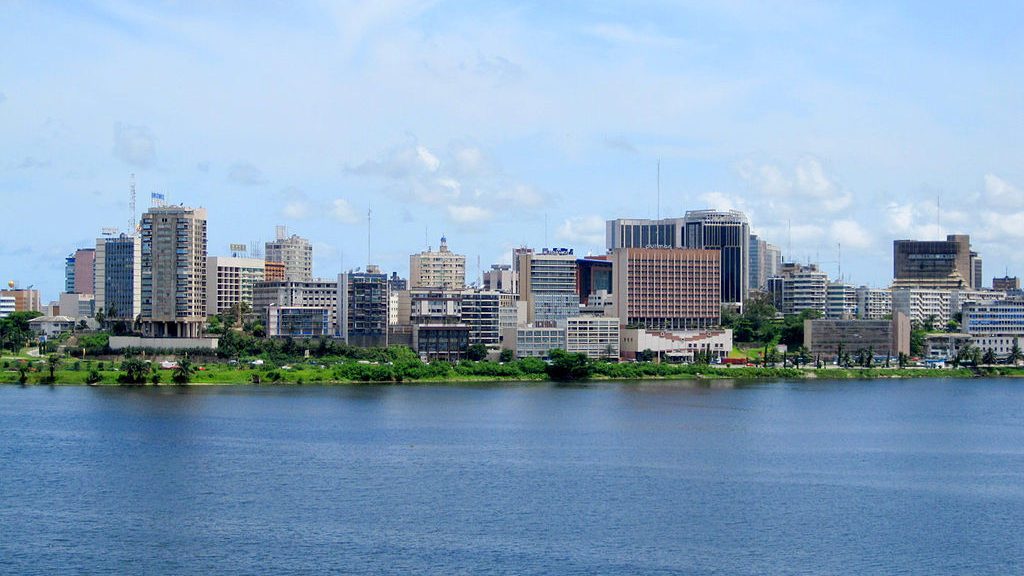
The Executive Board of the International Monetary Fund (IMF) approved a disbursement under the Rapid Credit Facility (RCF) equivalent to SDR 216.8 million (about $295.4 million, or 33.3 percent of quota), and a purchase under the Rapid Financing Instrument (RFI) equivalent to SDR 433.6 million, (about $590.8 million or 66.7 percent of quota), to help Côte d’Ivoire meet the urgent balance of payment needs stemming from the outbreak of the Covid-19 pandemic.
The country is feeling the brunt of the Covid-19 pandemic. The 2020 economic outlook is expected to deteriorate substantially owing to the sharp slowdown in activity among Côte d’Ivoire’s trading partners, the hit to investors’ confidence, and the adverse economic impact of the needed containment and mitigation measures deployed by the authorities.
The government’s response to the pandemic has been swift, with strong social distancing and containment measures and an emergency health plan supported by the World Health Organization. The authorities also announced an ambitious economic plan of about 1½ percent of GDP for 2020 to prop-up the income of the most vulnerable segments of the population through agricultural input support and expanded cash transfers, provide relief to hard-hit sectors and firms, and support public entities in the logistics sectors to ensure continuity in supply chains.
The deteriorating macroeconomic outlook and fiscal policy response to mitigate the impact of the pandemic on Côte d’Ivoire are generating fiscal pressures and creating an urgent BOP need. The IMF support through RCF/RFI financing would help fill part of the financing gap and catalyze other concessional financing.
Following the Executive Board discussion. Mr. Mitsuhiro Furusawa, Deputy Managing Director and Chair, made the following statement:
“The Covid-19 pandemic is expected to have a considerable negative impact on Côte d’Ivoire’s economy, creating fiscal pressures and an urgent balance of payments need. The authorities swiftly adopted strong containment measures which, while necessary, will also weigh on economic activity.
“To mitigate these adverse effects and cushion the fallout on the business sector and hardship on families and communities, the authorities adopted a health plan and a package of economic measures to prop the income of the most vulnerable segments of the population through agricultural input support and expanded cash transfers, provide relief to hard-hit sectors and firms, and support public entities in the transport and port sectors to ensure continuity in supply chains.
“In view of the severity of the pandemic, the envisaged temporary widening of the fiscal deficit is appropriate, even if this means temporarily breaching the 3 percent regional convergence criterion. Given the substantial downside risks, additional spending reallocations would be needed if tax revenue were to underperform compared to the current projection. Covid-19 related expenditures should be executed transparently and be well targeted to the most affected households and firms. Once the crisis abates, the fiscal deficit should return to the pre-crisis path to preserve the gains achieved under the IMF-supported program and medium-term debt sustainability.
“The IMF emergency support under the Rapid Credit Facility and Rapid Financing Instrument will help the authorities address the urgent fiscal and balance of payments financing needs. It will also help catalyze additional financing from other development partners. Additional donor support is critical to close the remaining financing gap and preserve Côte d’Ivoire’s substantial development gains over the past decade”.








